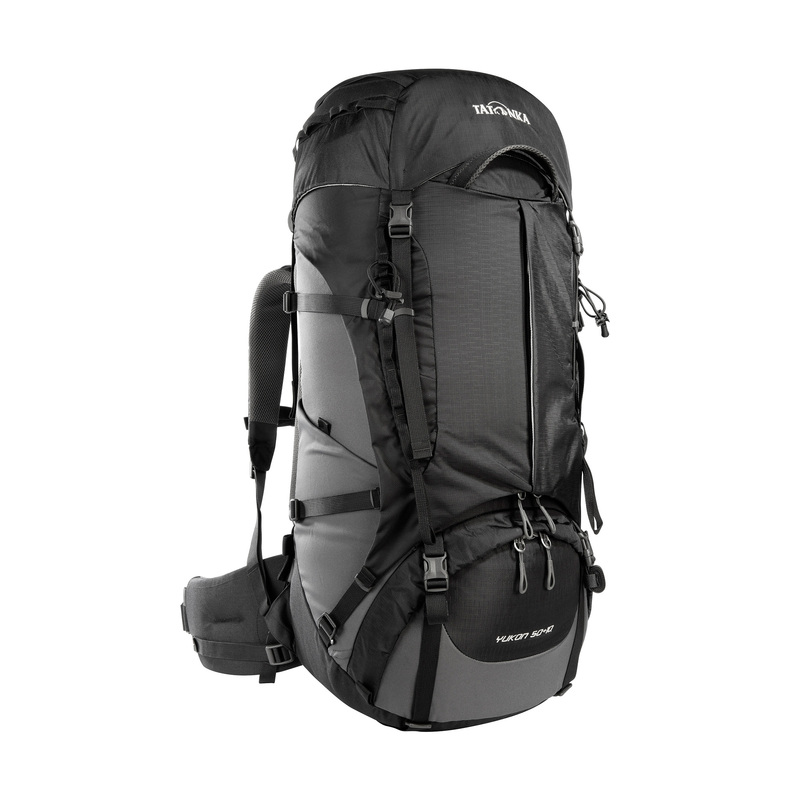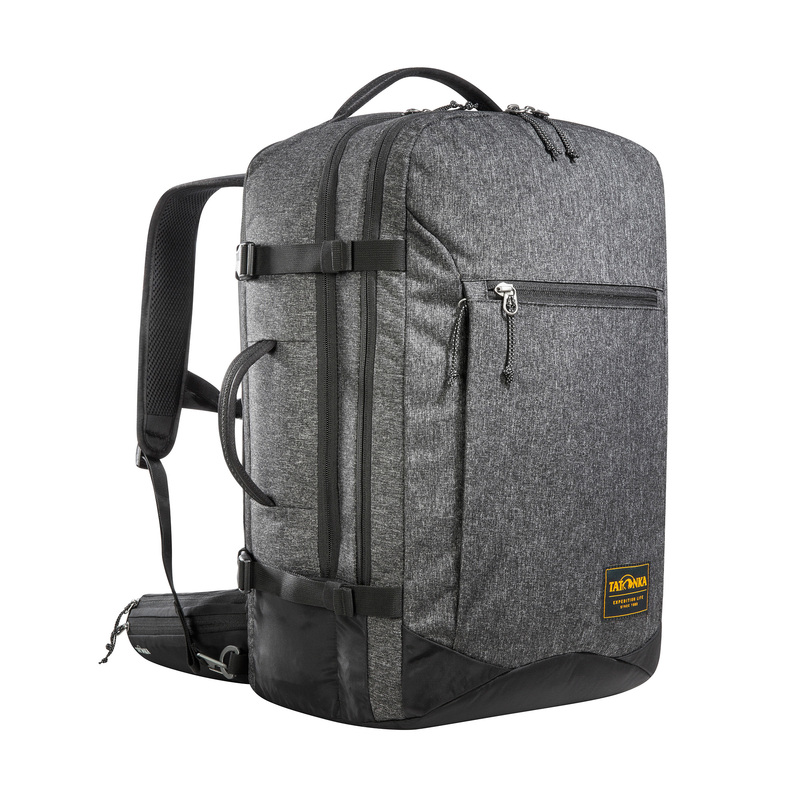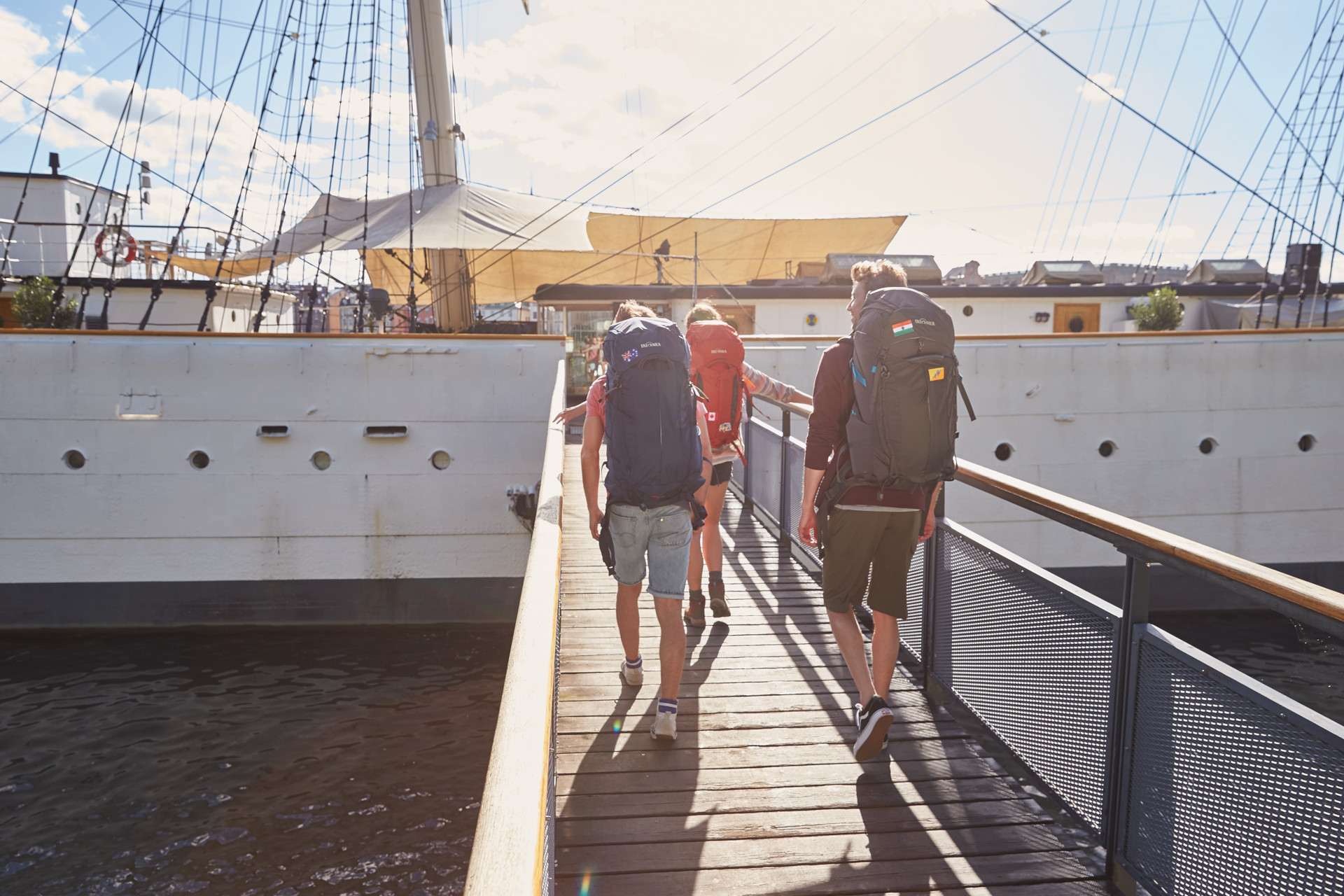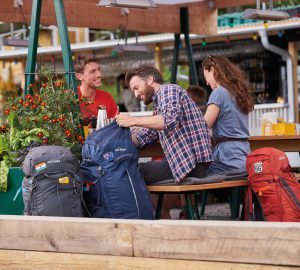You are going on a trip around the world? Congratulations on this decision. In our series “Planning a World Trip” you will learn everything about how to prepare your world trip best. In Part 2: What preparations you should make at home to leave without stress and work for those who stayed at home.
Part 1 of our series Planning a World Trip can be found here.
Preparing a world trip is more work than you might expect. Depending on the duration of your trip, there is more to it than just booking flights, packing the backpack and throwing a farewell party. What happens to your apartment and your furniture? Do you have all the necessary documents? If you quit your job, what happens when you get back?
All these questions will keep you busy in the months before your departure. We have compiled a small guide with the most important points to ensure that you stay on top of things and don’t end up under pressure to get everything ready in time.
First things first: Make a savings plan and stick to it
Once the decision to travel has been made, the most urgent question immediately arises: How do you finance all the fun? First of all, you should find out which expenses you have to expect in your destination countries. The tool of budgetyourtrip.com can help you.
In order to plan until when you will have saved the required amount, a simple Excel spreadsheet can help you record your income and spendings. But there are even better ways: With a budget app like YNAB or Mint, you have your money firmly under control – and perhaps you can even find money-saving potential where you would not have suspected it.
Find out about vaccinations and put together a first-aid kit
You will probably also travel to countries where there are infectious diseases for which you should be vaccinated. Therefore, the preparation at home also includes a visit to your doctor or a tropical doctor, who will inform you about all necessary vaccinations. Some of these vaccinations have to be administered several times over a longer period of time. Plan your visit to the doctor early, preferably twelve months in advance.
At the same time, you can start to put together a first-aid kit. The Internet has a lot of useful tips for what belongs in it and what you can leave at home. In order to tailor the content to your needs, you should consult your doctor – he will certainly have some good tips for you!

The Tatonka Yukon with large front opening, lockable zipper and rain cover.
And the best: The V2 carrying system relieves your spine. This allows you to carry the Yukon over longer distances without any problems.
Start selling your stuff
An easy way to reduce your possessions while earning money for your trip is to sell some of your stuff. It is unbelievably liberating to get rid of remnants of long-abandoned hobbies (tennis racket set, inline skates, clarinet…) and instead get some cash for them. Your wardrobe is also certainly full of things you don’t wear any more – out with it!
Your furniture (except for unique pieces of furniture you really like) is just unnecessary ballast that you can sell easily. On ad portals, you will get rid of them well and after your return, you can buy new things there for low prices. If you are only away for a few months, it may be useful to rent out your room for a limited period of time.
You should say goodbye to your car, too. When you come back from your trip, you are likely to be unemployed for the time being. An expensive luxury item like your own car will be the last thing you need. Better sell it and have a few extra months of travel fun instead!
During this process, you will notice more and more things you don’t need anymore. At the end, you will hopefully only end up with only a few boxes of really necessary things (kitchen utensils, bedding, some clothes) that you can put in the basement with your parents or friends. We recommend starting this part of the preparations as early as possible, but at least four months before your departure date.
Plan your visits to the authorities and check your documents
Before you leave, there are some official matters you should take care of. The most important one is to check when your passport expires. For many visas, you will need a passport that is valid for at least six months after arrival. Please apply for your new passport early! Production and processing can take several weeks. You will also need to send your passport to some embassies for visas, which can take weeks. You should therefore deal with this administrative matter at least six months before departure.
The residents’ registration office and the tax office will also want to know that you are not at home. However, there are some complications associated with this: Without a registration address, you can’t take out insurance and the tax office cannot send you any mail. So it’s best to register with your parents or friends. This way, the authorities have an address and you don’t have to leave without travel health insurance. This step happens shortly before your departure, when you are almost ready to leave.

Travel with hand luggage and still have an additional business daypack with you: This is possible with the Traveller Pack 35 by Tatonka.
A hand luggage-compatible travel backpack with two main compartments, stowable backpack shoulder straps and a separate laptop compartment.
Shortly before departure: Create emergency folders for your parents/friends
Create a folder with all important contact details and information about your trip around the world. There are various types of information that are best stored in a safe place in printed form, in case something goes wrong. The following list contains all the essential information that belong in this emergency folder:
- Emergency contacts (parents of your fellow travelers, partner, close friends)
- Credit card blocking number
- International emergency call
- Emergency number of your travel insurance
- Phone numbers of all German embassies in your destinations
- Phone number of all known airlines
- Important passwords
- Photocopies of all important documents: passport, credit card, driver’s license, plane tickets, vaccination pass…
In the next part of our world trip series, we’re going to get down to work: What do you pack and above all – what not? By the way, you can find part three here.







